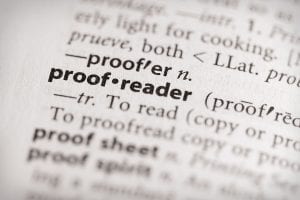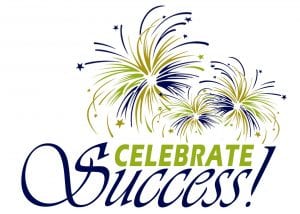 Report Card reading weekend is upon us and as you can imagine with this volume of reading, I can’t help but be inspired to write. Each time I start to read a set of reports, I can hear my dad’s voice, “I feel sorry for the students at the end of the alphabet. By the time you get to writing/reading their reports, all of your quality comments are dried up”. So when my niece named her first son Zaine Zavitz, after appreciating the alliteration, I immediately recalled my dad’s observation and had to smile.
Report Card reading weekend is upon us and as you can imagine with this volume of reading, I can’t help but be inspired to write. Each time I start to read a set of reports, I can hear my dad’s voice, “I feel sorry for the students at the end of the alphabet. By the time you get to writing/reading their reports, all of your quality comments are dried up”. So when my niece named her first son Zaine Zavitz, after appreciating the alliteration, I immediately recalled my dad’s observation and had to smile.
As I pay homage to my dad’s reflection, I always flip every other class set of reports and start with those students at the end of the alphabet. So, with my flipping in motion, a well-lit comfy spot and a bottomless cup of tea, I dove into this term’s set of reports.
If you gathered a group of administrators and asked them how they read report cards, I would venture to guess that you’d receive a multitude of responses. Every once in a while, this past weekend, I would take a break and scroll through Twitter and Facebook. I enjoyed seeing my colleagues post pictures of favourite locations (Annette Gilbert’s naturally lit front room and Audrey Stephen’s office space), favourite comfort food (Marsha Kelly’s chocolate covered almonds) and favourite 4 legged companions (Kevin Gordon’s sweet dog)
But beyond physically how we read reports, I can’t help but wonder if philosophically “how” we read reports also differs.
 When I reflect on my role as a report card reader, I will be the first to admit that I read each and every report and it’s not as a proofreader. Although years ago, I was happy when I caught a “Booby” in place of a “Bobby” hiding in an impeccable set of reports. Years later, Carolyn Natterer and I still laugh about that one.
When I reflect on my role as a report card reader, I will be the first to admit that I read each and every report and it’s not as a proofreader. Although years ago, I was happy when I caught a “Booby” in place of a “Bobby” hiding in an impeccable set of reports. Years later, Carolyn Natterer and I still laugh about that one.
If I catch a typo, I certainly note it but that’s not my main focus when reading.
I read to:
~ honour the incredible amount of thought and dedication that our staff put into crafting them. I work with a Crew who wants to hone their writing ability and to ensure that they are reflecting the components of a Ministry and Board supported report.
~ ensure that any colloquialisms which may be misunderstood by families whose first language is not English are changed to language which is more easily understood.
~ gather data to support school improvement planning. Each time educators articulate student learning by including “bench marks”, “decomposition”, “representation of numbers” or “Number talks” within their reports, it reaffirms that our educators are not only teaching those strategies, but that they can articulate their impact within assessment. This is important information to include on our road map. Sometimes I feel that we have yet to explore the importance of including assessment information with our school improvement process.
~ see if our school’s vision of “Coyote Spirit”, “Caring Coyotes” and the importance of kindness are embedded in our vernacular and important enough to include in formal reporting.
~ provide suggestions as to how to ensure a positive tone in all comments. The advantage of reading over 1000s of reports during my admin career has afforded me the gift of learning from so many educators. Most times I feel as if I am a “Connector” as described by Seth Godin ~ sharing well-crafted comments between open minded educators.
And finally and most importantly I read reports to celebrate the learning of our students. I love reading how well our students are doing and how intentional and meaningful our educators’ next steps to support learning journeys are written. I find myself making side notes to ensure that I take the time to touch base with those students to share my congratulations in their successes.

We know from all of our research that assessment is the cornerstone of student achievement. We need to remember that we must be able to dig deeper than just providing quality diagnostic, formative and summative assessments. We need to be a community of educators who know how to effectively articulate (both formally and informally) our assessment practices and how it impacts student learning.
We know that our students benefit greatly from feedback. Should we not afford our educators that same gift?
As an instructional leader, how do you support report card writing in your school community?
Come write with me….
